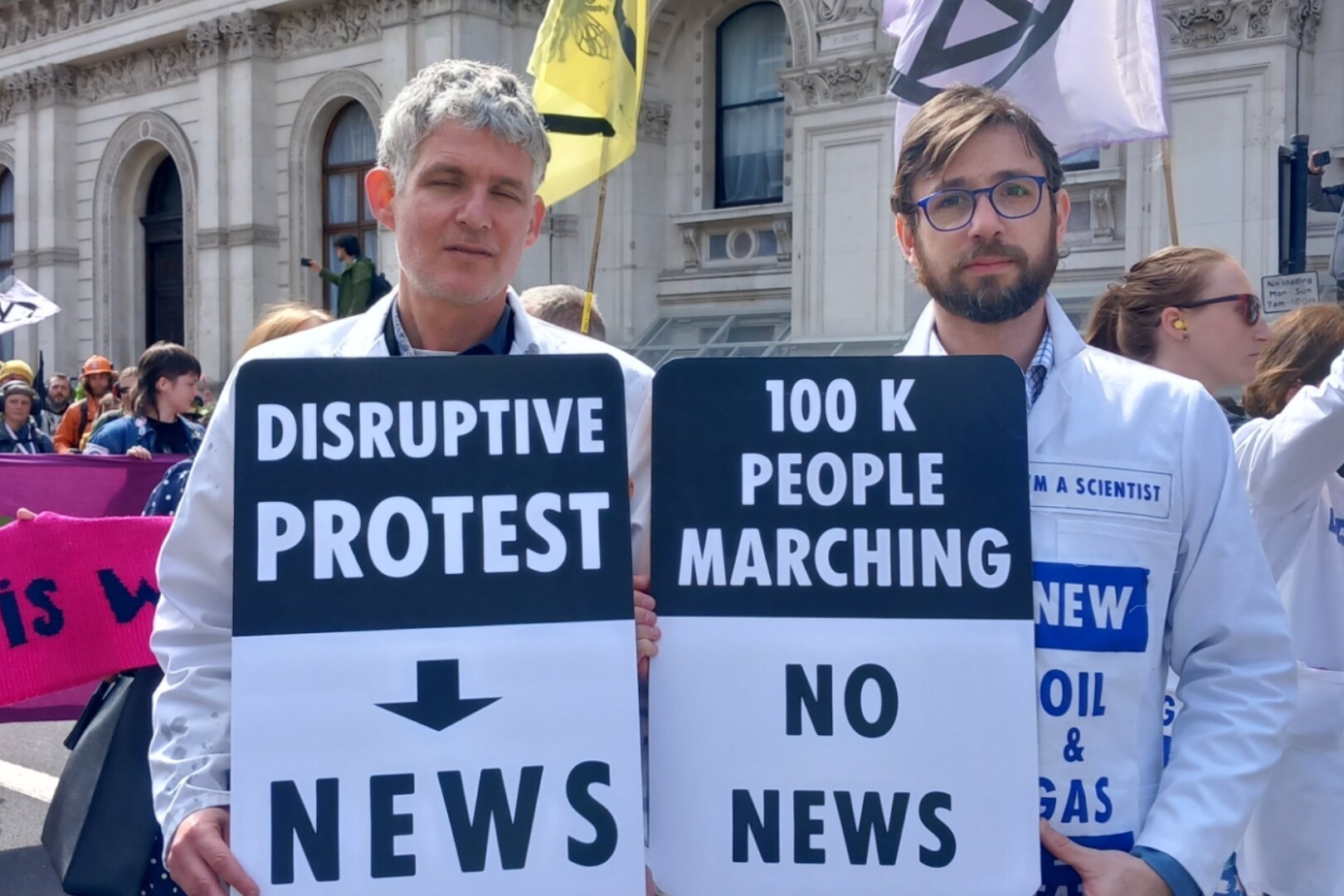I’m proud to announce my new newsletter, Sticks & Stones. From this September, Sticks & Stones will bring you 5 hot talking points every month, focusing on the real world impact of digital social technologies.
A big, heartfelt thank you to all who subscribe to my current newsletter, Free Speech. Your free subscription will automatically transfer to Sticks & Stones. I hope you’ll love what you see and be happy to remain a free subscriber.
The real world impact of social technologies is an expansion on the theme and format of Free Speech, which has been exploring power and influence in social media since 2020. As social media morph and merge into their next iteration, I’ll track those changes, widening the net to include artificial intelligence (AI) and other new technologies that affect how we function as social beings, and how our shared culture(s) are evolving.
Through my new consultancy, I provide user research and ethnography for digital products and services, applying anthropological theories and frameworks to enable understanding and improve underlying technologies, ideally making them more ethical and user-friendly in the process.
I want the stories in Sticks & Stones to reflect and enhance this new work. So every month, my Sticks & Stones newsletter will touch on some or all of the following topics:
1. Power
Who holds the power? And who is fighting back, where and how? As Naomi Klein points out in her excellent book, Doppelganger, we are seeing something akin to the enclosures when it comes to our social interactions. In the Middle Ages, commonly-owned land in England began to be encircled and fenced off by wealthier landowners in order to improve yields and farming efficiency. But ordinary people lost their right to graze animals, gather firewood, fish and hunt. Now, we’re seeing our conversations harvested for data. Our digital overlords no longer seem quite as benign and laidback as they once appeared. They’ve started comparing themselves to caesars, giving controversial salutes and supporting arguably the most authoritarian leader the US has ever seen. I’ll do my best to track the key players and events.
2. Regulation
Technology regulation is in a right old mess. Here in the UK, the Online Safety Act was one of the first to usher in an era of protections and guardrails against children accessing inappropriate content. But nothing is clear-cut. Critics argue that the Act undermines safety by driving children towards encrypted virtual private networks (VPNs), while increasing surveillance and restricting freedom of speech. There is also concern that the Act penalises the smaller, independent publishers which make the web diverse and universal: this YouTube debate between Kat Tenbarge and Taylor Lorenz on internet “freedoms” and moral panic is well worth a watch. Meanwhile, notorious sites like 4Chan and Gab are taking Ofcom to court in the US, calling on the Trump administration for support.
3. Behaviours
For Gen Z, the desire to regularly share everything about your personal life is strange. Recent research by Stripe Partners found a significant shift in the way teens interact with social media: many no longer post publicly, if at all. The central character of the recent Netflix series Too Much regularly posts private confessions to her Instagram drafts, and is devastated when they mistakenly go public. Any scroll through most social apps will show that blurred photos, memes, in-jokes and brain rot content have generally overtaken the place of earnest (or glossy) truth-sharing. Is this a natural reaction to a world where sharing leaves us vulnerable? Meanwhile, activists and controversial creators increasingly use underhand methods to stay one step ahead of the algorithms and avoid censorship. This adds to the complexity of everything we see online.
4. Truth
Anthropologists like to say the truth is subjective. Concepts like cultural relativism and social constructivism can help show how personal beliefs are shaped by the social contexts and moral frameworks around individuals. With misinformation, disinformation and the rise in AI slop, we see many different, conflicting “truths” at once. The continued fragmentation of media means that we’re moving away from seeing ourselves reflected in one central recognisable mirror, instead we have distorted, shard-like silos. Shared truths are essential for holding democracies together. We need to better understand how emotions, online networks and the flow of information affect each other in order to deal with problems like misinformation, polarisation, and the overall quality of public discourse.
5. Influence
I know that authoritarianism, surveillance, brain rot and polarisation all sound pretty bleak! I’d like to leave some space for optimism. As Signal’s Meredith Whittaker argued at this year’s SXSW, we’ve built this world we live in, so we have the power to change it. This new world has many glimmers of light. As well as the power players, I’m interested in the people and content creators who are doing amazing things culturally and changing the way we see ourselves for the better. Unlikely viral campaigns and new twists to strategy always interest me. As well as social media influencers who come from nowhere to create new cultural norms. I look forward to celebrating anything that might give us a warm and fuzzy feeling.
Some of these topics are upgrades on what I’ve been sharing before; some of them are new. All of them I hope will enhance our communal understanding of the real world impact of social technologies, and help build solid foundations for a more ethical, inclusive future.
If you’ve not already subscribed to my newsletter, you can sign up here (via Substack). The first edition of Sticks & Stones will be out on 30 September. Let me know what you think!
Photo: Yunus Tuğ
Jemima Gibbons
Ethnography, user research and digital strategy for purpose-led organisations. Author of Monkeys with Typewriters, featured by BBC Radio 5 and the London Evening Standard.
Related Posts
25 March 2025
Navigating the manosphere
30 September 2024



